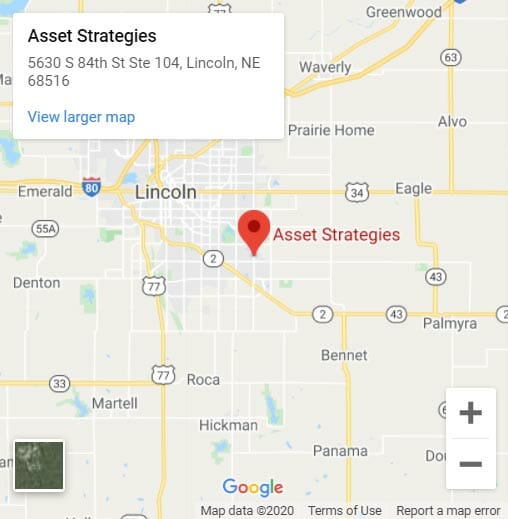The only guarantees in life are death, taxes, and a never-empty laundry hamper.
Other than that, there are no such things as “sure things”.
This concept also holds true in the investment world. I don’t have to tell you twice – the stock market holds no guarantees. We can analyze, study, and track it until we are blue in the face, but at the end of the day, it is its own beast that we have zero control over.
With markets and economies, there are ALWAYS more questions than answers. Always. Because of this, it is important that we do not put all our eggs in one basket. Why? Well, that one basket alone cannot be trusted. There is no guarantee that the basket will not break, causing the eggs to roll out and crack on the pavement. As you might imagine, cracked eggs are detrimental to portfolio performance.
Different portions of the market perform in different ways and at different times, so it is helpful to ensure your portfolio encompasses a wide variety of investments. This is called diversification.
Two of the most common ways to diversify your portfolio are through the use of mutual funds and ETFs, or exchange-traded funds. These investment vehicles are bundles of securities – some combination of stocks, bonds, cash, and/or commodities – pooled together to accomplish a specific strategy or objective. Purchasing one mutual fund or ETF allows investors to buy tens to hundreds of different market positions with a single trade. Diversification is a tool that helps reduce risk while saving the trouble and expense of buying many individual securities a la carte. It’s one of the best ways to weather market ups and downs while maintaining the potential for growth.
Let’s take a closer look at the differences between mutual funds and ETFs:
| MUTUAL FUNDS | ETFs | |
| How are they managed? | Most mutual funds are actively managed. Active mutual funds are managed by fund managers. | Most ETFs are passive investments pegged to the performance of a particular index, like the S&P 500. |
| How are they traded? | Mutual funds don’t trade until the end of the day at the close of the market. | ETFs trade like stocks and are bought and sold on a stock exchange, experiencing price changes throughout the day. |
| What is the minimum investment? | Minimum initial investments for mutual funds are normally a flat dollar amount and can be purchased in fractional shares. | Because they trade like stocks, ETFs do not require a minimum initial investment and are purchased as whole shares. |
| What are some possible costs involved? | Depending on the mutual fund, there may be sales charges, commissions, management fees, and operating expenses charged to the investor. Ask your advisor to outline these for you before investing. | Depending on the ETF, there may be commissions, trade fees, management fees, and operating expenses charged to the investor. Oftentimes, operating expenses are lower on EFTs than mutual funds. Ask your advisor to outline these for you before investing. |
| What are some tax considerations? | When the manager of the mutual funds makes a sale, that could potentially trigger a capital gain for shareholders.
Under active management, the redemption of shares can trigger a tax liability. |
Since ETFs trade on the exchange and are passively managed, they oftentimes shield the investor from some capital gains. |
Today, many Americans heavily rely on savings in their 401K plans to supplement Social Security in retirement. A good diversification strategy can be challenging to put in place for these investors because, oftentimes, workplace plans offer only a handful of investment options.
At Asset Strategies, we can help our clients select the best funds available in their plan that align with their goals and risk tolerance to ensure they are not only maximizing that benefit but also spreading their eggs out into many different baskets. If it is a 401k plan from a previous employer, it might be best to roll that out of the plan and into a customized IRA portfolio with greater diversification options.
Using mutual funds and ETFs when investing is a diversification method that can reduce your overall risk, but it is important to note that it can also provide you with multiple opportunities that you may have otherwise overlooked.






